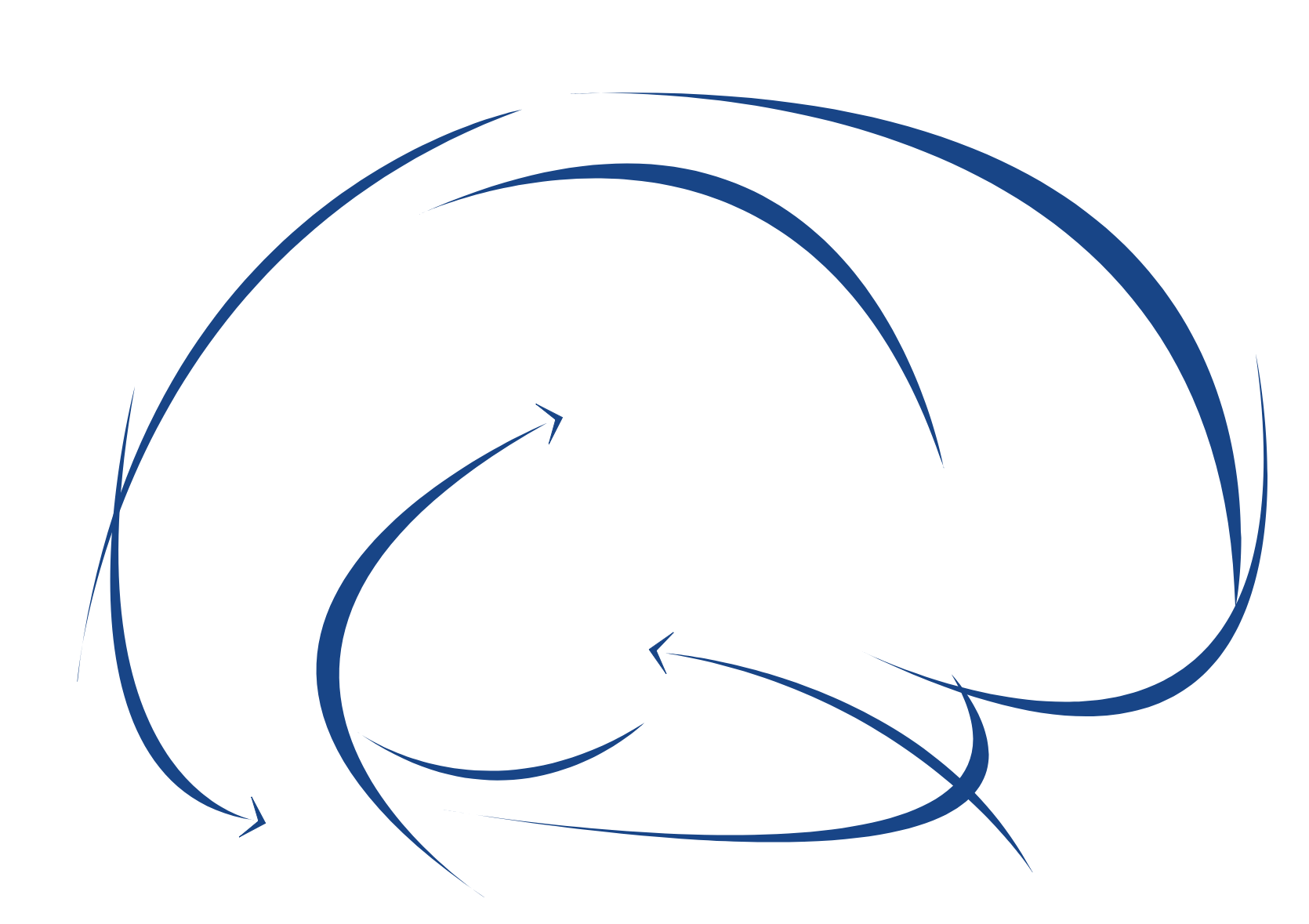Title: Hippocampal and Cortical Dynamics across Learning and sleep
Dr. Charlotte Boccara
Abstract
Making memories can be described as a two-step process. Step one is the learning – or encoding of new information in a temporary storage – the hippocampus.The information can be completely new or can be a modified new version of an already stored mnemonic trace. Step two is the consolidation of such newly learnt information and their transfer into a long-term storage in the cortex, where it will be accessible for later recall if a need arises. Such transfer of information is thought to heavily relies on a good dialogue between the hippocampus and the cortex, especially during sleep. While the two-stage memory model is widely recognized, we have very little data on (i) what mechanisms support information update, (ii) how and when the hippocampo-cortical dialogue happens and (iii) how it affects the memory neural code. To finally bridge this important knowledge gap, we have concomitantly recorded from the CA1 region of the hippocampus and the medial entorhinal cortex of rats while they learn new goal locations, sleep and have their memory tested after.
Biography
Dr Charlotte Boccara is a French-Norwegian ERC-awarded neuroscientist leading a large EMBL team at the Norwegian Centre for Molecular Bioscience and Medicine. She serves on the European Sleep Research Society Basic Committee and manages large-scale initiatives across countries and disciplines. Her initiatives aims to integrate systems neuroscience, molecular biology and physics to reveal sleep’s role in healthy development. With a career spanning four countries under the mentoring of world-class experts (Richard Miles, May-Britt & Edvard Moser, Jozsef Csicsvari and Oscar Marin), she is known for her work on neuronal encoding of information in the hippocampal region, as well as memory sleep processes, including sharp wave ripples (Solstad 2008, Boccara 2010, O’Neill 2017, Boccara 2019, Spalla 2022). The last few years, Boccara started a new line of research to investigate sleep mechanisms occuring during the development. This work relies on a multilevel approach, combining electrophysiology, chemo/opto-genetics and molecular tools, as well as computational and behavioural neuroscience. Among other things, her team developed a unique method to reliably perform chronic electrophysiological recordings and decode sleep states from freely behaving rat pups in the beginning of their second week of life.
Aix-Marseille Université
INS - Faculté de Médecine, 27, Boulevard Jean Moulin
Marseille, 13005, FranceSalle visioconférence
Back to All Events
Earlier Event: September 26
INS Day & Evening
Later Event: October 10
INS Seminar | Jean-Baptiste Poline
